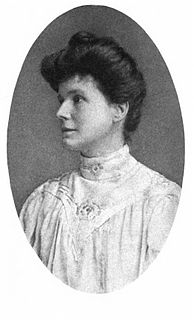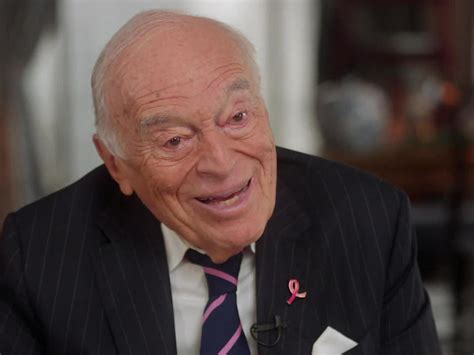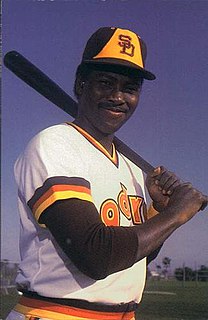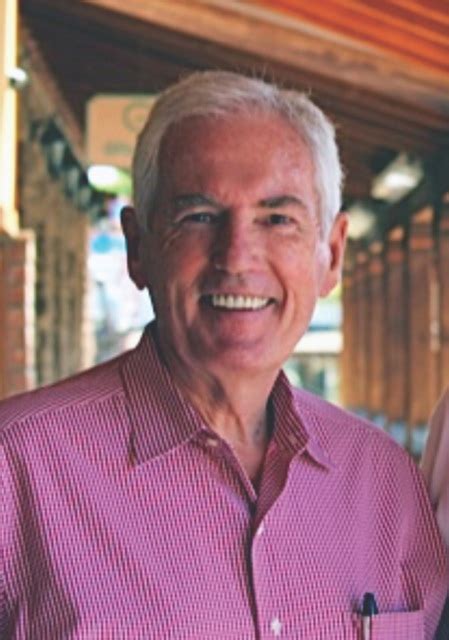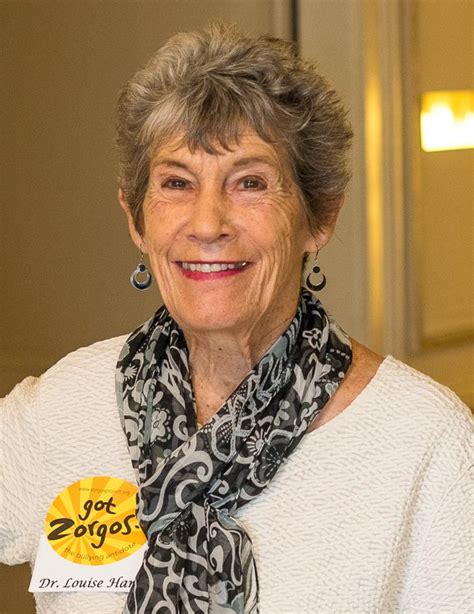A Quote by May Sinclair
Related Quotes
Right now you can allow yourself to experience a very simple sense of not knowing - not knowing what or who you are, not knowing what this moment is, not knowing anything. If you give yourself this gift of not knowing and you follow it, a vast spaciousness and mysterious openness dawns within you. Relaxing into not knowing is almost like surrendering into a big, comfortable chair; you just fall into a field of possibility.
A visionary is someone who can see the future, or thinks he sees the future. In my case, I use it and it comes out right. That doesn't come from daydreams or dreams, but it comes from knowing the market and knowing the world and knowing people really well and knowing where they're going to be tomorrow.
Self-esteem creates natural highs. Knowing that you're lovable helps you to love more. Knowing that you're important helps you to make a difference to to others. Knowing that you are capable empowers you to create more. Knowing that you're valuable and that you have a special place in the universe is a serene spiritual joy in itself.
History is for human self-knowledge. Knowing yourself means knowing, first, what it is to be a person; secondly, knowing what it is to be the kind of person you are; and thirdly, knowing what it is to be the person you are and nobody else is. Knowing yourself means knowing what you can do; and since nobody knows what they can do until they try, the only clue to what man can do is what man has done. The value of history, then, is that it teaches us what man has done and thus what man is.
Knowing means to penetrate through the surface, in order to arrive at the roots, and hence the causes; knowing means to "see" reality in its nakedness. Knowing does not mean to be in the possession of the truth; it means to penetrate the surface and to strive critically and actively in order to approach truth ever more closely.
The line-by-line, sequential, continuous form of the printed page slowly began to lose its resonance as a metaphor of how knowledge was to be acquired and how the world was to be understood. "Knowing" the facts took on a new meaning, for it did not imply that one understood implications, background, or connections. Telegraphic discourse permitted no time for historical perspectives and gave no priority to the qualitative. To the telegraph, intelligence meant knowing of lots of things, not knowing about them.
